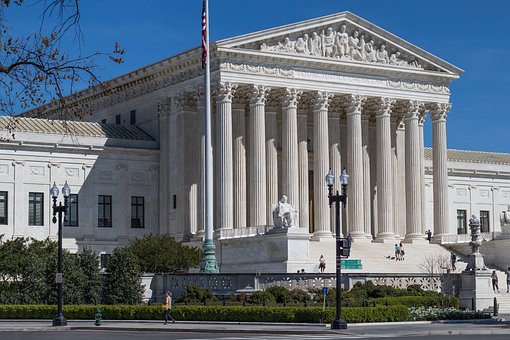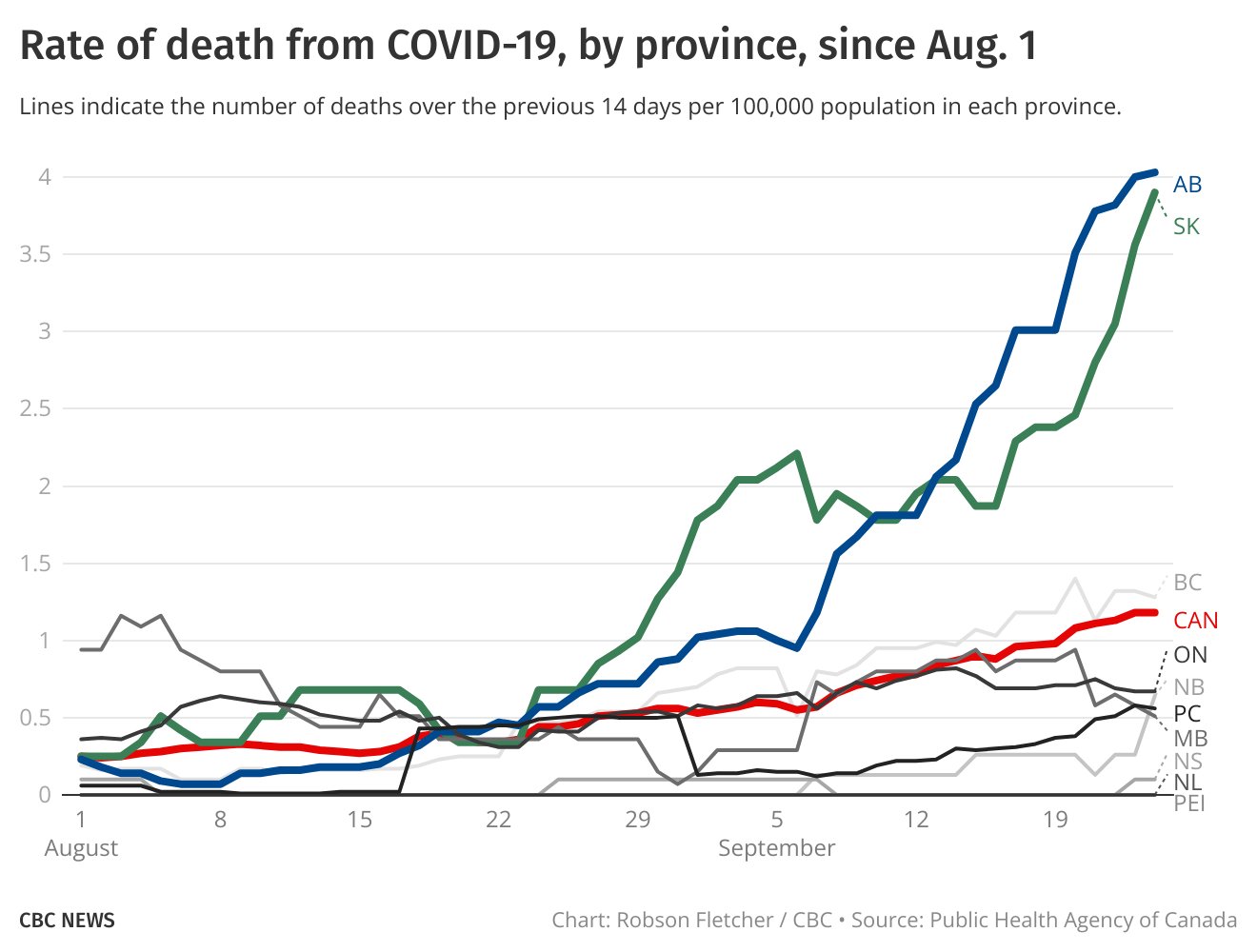This whole interview with Chomsky is worth reading, regardless of your political leanings. Some of the things that struck me were:
On how the left should be:
Well, there is a traditional left position, which has been pretty much forgotten, unfortunately, but it’s the one I think we should adhere to. That’s the position that real politics is constant activism. It’s quite different from the establishment position, which says politics means focus, laser-like, on the quadrennial extravaganza, then go home and let your superiors take over.
The left position has always been: You’re working all the time, and every once in a while there’s an event called an election. This should take you away from real politics for 10 or 15 minutes. Then you go back to work….The left position is you rarely support anyone. You vote against the worst. You keep the pressure and activism going.
On Hume:
We can go back to my favorite philosopher, David Hume. His Of the First Principles of Government, a political tract in the late 18th century, starts off by saying that we should understand that power is in the hands of the governed. Those who are governed, they’re the ones who have the power. Whatever kind of state it is, militaristic or more democratic, as England was becoming. The masters rule only by consent. And if consent is withdrawn, they lose. Their rule is very fragile.
On the letter controversy:
But now segments of the left are picking up part of the same pathology. It’s harmful; they shouldn’t be doing it; it’s wrong in principle. It’s suicidal. It’s a gift to the far right. So here’s a quiet statement saying, “Look, we should be careful about these things and not undertake this.” Should’ve been the end. Then comes the reaction, which is extremely interesting….This criticism is much to the pleasure of the right wing, which hates these statements. So it’s another massive service to the right wing. … You want to play their game? Do it straight. Don’t pretend you’re on the left.
On how to participate in politics:
Well, we have no shortage of immediate ways of getting involved. But immediate changes are another story. There’s kind of an instant gratification culture. I worked for Bernie Sanders, he didn’t win. I’m going home. That’s not the way political change takes place. It takes place step by step, small changes to bigger ones, and so on.
On personality politics:
I’m not much interested in his (Joe Biden’s) personality. I don’t have any opinion. I’m interested in how things get done. And the way things get done is not by Biden having a religious conversion and saying, “Oh, we’ve got to really work on the climate.” That’s not what happened. The DNC probably hates the program, but they have no choice, because their popular base is not only demanding it, but is working constantly, hard, to force them to do it. That’s politics. Not the personality of leaders. I don’t know what’s in his mind. I don’t care, frankly.
On social media:
Social media, like most technologies, are pretty neutral. What matters is how you use them. You can use a hammer to build a house; you can use a hammer to smash somebody’s head in.
Social media are being used in very different ways. They’re used to organize activists, set up demonstrations, to give people the opportunity to interact, think, develop opinions, deliberate. But they can also be used to drive people into bubbles in which you hear only the same thing over and over. Your prejudices get reinforced, and you hate everybody else. They can be used either way. And they are being used both ways.
So the question comes back to us: How are we going to use the technology that’s available? It doesn’t care. We can use it any way we like. The net effect of social media probably, by and large, I suspect, has been mostly negative. Doesn’t have to be, but I think that’s the way it’s turned out.
On his legacy:
I don’t really think about a legacy. What I’m interested in is the people who are doing things. Mostly their names will never be known. I’m sure you can’t tell me, or I can’t tell you, the names of the kids who sat in at the lunch counter in Greensboro. These are the people who carry things forward. If there’s a legacy of people who try to do what they can to stimulate it, it’s theirs. The ones I most respect in the world, I can’t remember their names.
I don’t agree with all of Chomsky’s beliefs, but I do agree with his approach to politics. You can draw those lessons from the interview. I’ve extracted some of them, but it’s worthwhile to read the rest of it.







 There’s a great quote in this piece on how the
There’s a great quote in this piece on how the 


 Like many people, I am riveted to what is happening in the USA lately. It seems to be coming undone as right wingers try and pull the country to a place that will be bad for Americans and in some cases bad for the world. To support that opinion, here’s some links I’ve recently collected. (As well as other links related to politics in general.)
Like many people, I am riveted to what is happening in the USA lately. It seems to be coming undone as right wingers try and pull the country to a place that will be bad for Americans and in some cases bad for the world. To support that opinion, here’s some links I’ve recently collected. (As well as other links related to politics in general.) I read these two tweets from someone recently and they struck me as a form of progressive writing that bothers me and I was trying to figure out why. Because I agree with parts of them.
I read these two tweets from someone recently and they struck me as a form of progressive writing that bothers me and I was trying to figure out why. Because I agree with parts of them.


















:format(webp):no_upscale()/cdn.vox-cdn.com/uploads/chorus_asset/file/7835595/alfanifig1.png)
:format(webp)/cdn.vox-cdn.com/uploads/chorus_image/image/66947515/twitter_voice_pano.0.jpg)